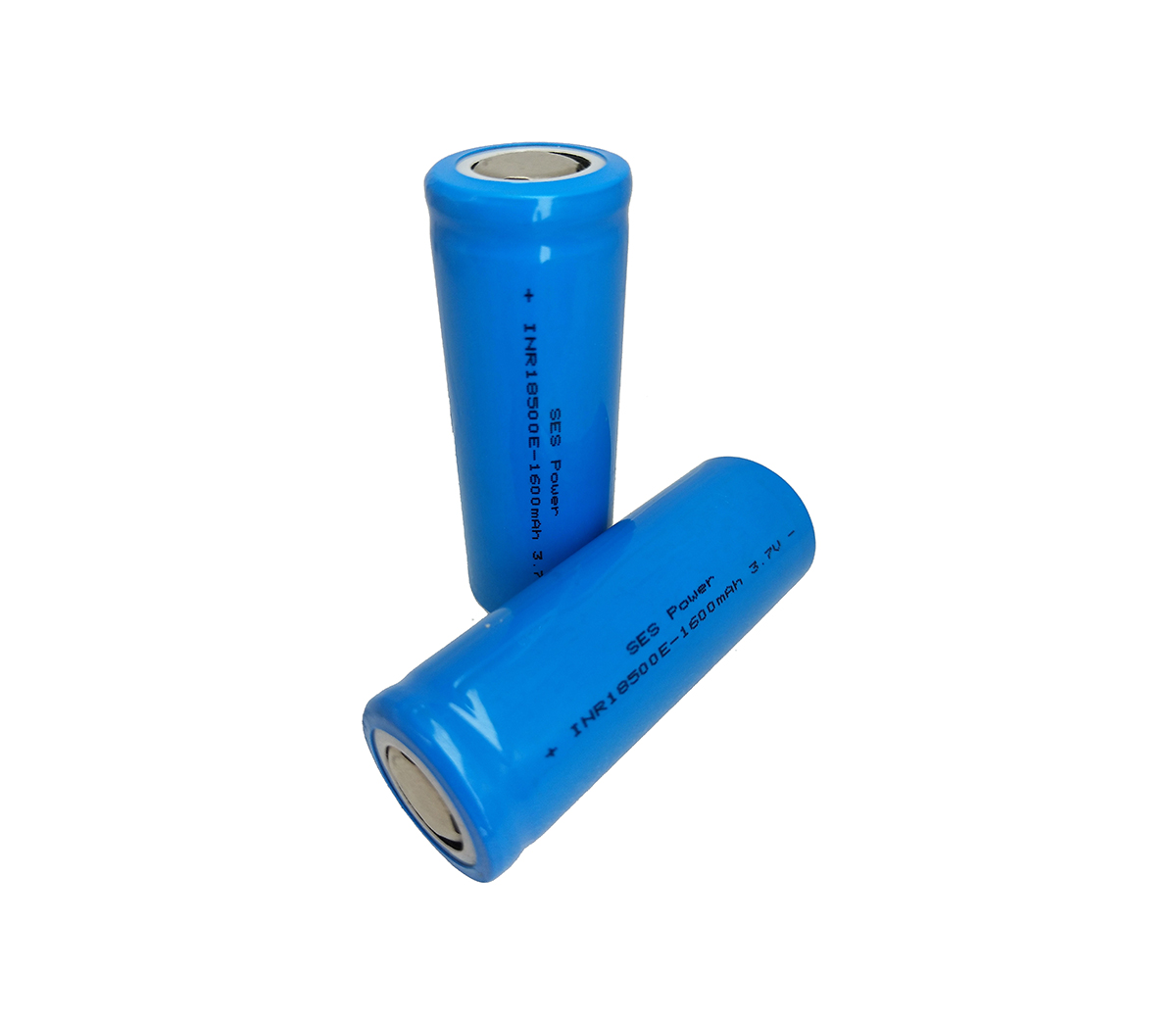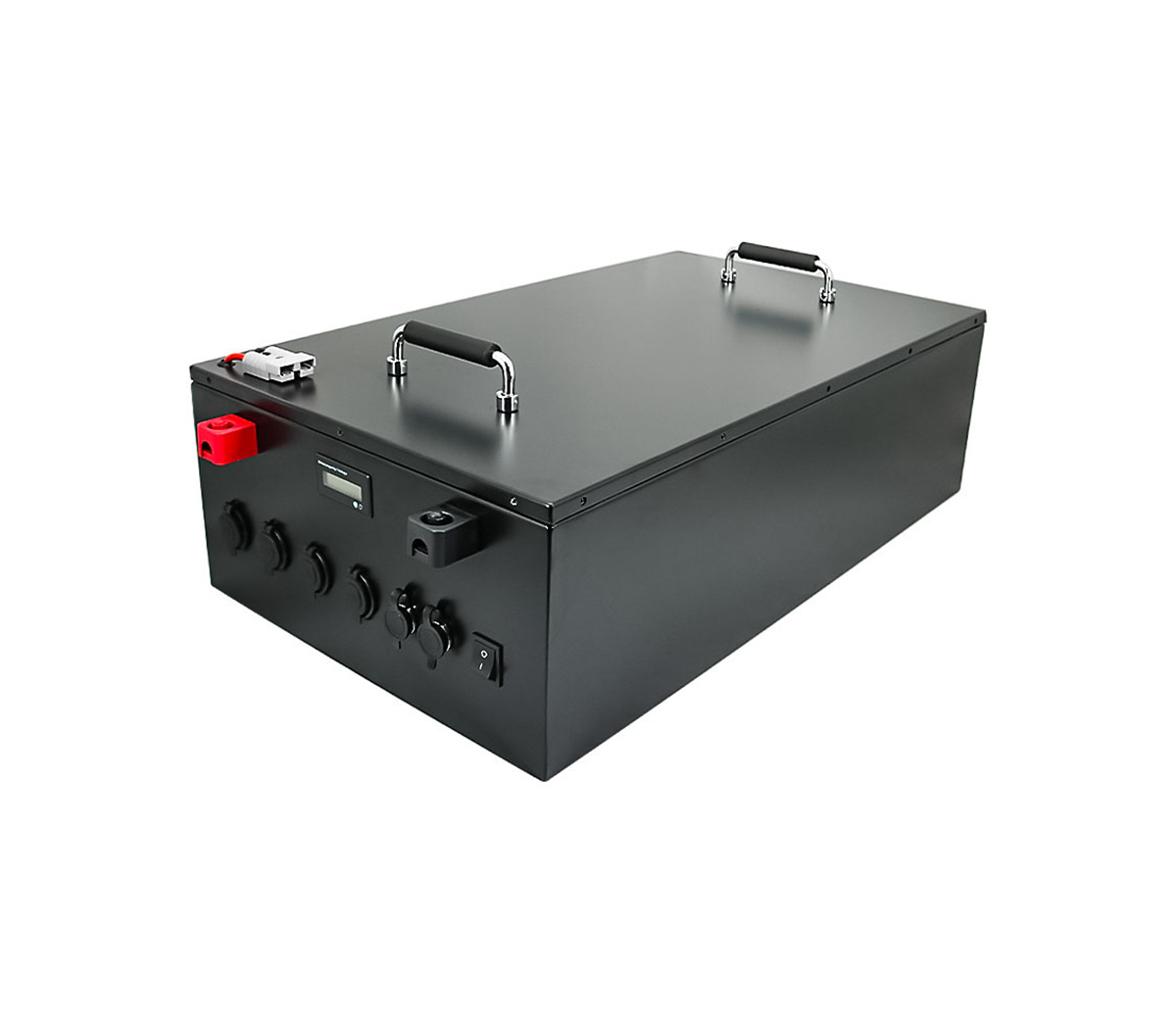Introduction of Bonding Technology of Lithium Battery Pack Shell
Because lithium batteries are also electricity, they still have certain
hazards in some cases, but the safety of lithium batteries is still relatively
stable. Today, I will introduce the bonding technology of new energy vehicle
lithium battery pack shells.
Do you know what a lithium battery is? Lithium batteries are often used in
new energy vehicles. As the new energy vehicle industry becomes more and more
powerful, more and more lithium batteries are used. I don’t know if you don’t
know much about lithium batteries, because lithium batteries are also
electricity, so in some cases there are still certain hazards, but the safety of
lithium batteries is still relatively stable. Today I will introduce to you. New
energy vehicle lithium battery pack shell bonding technology.
New energy vehicle lithium battery Pack shell bonding technology:
technology
New energy vehicle lithium battery Pack shell bonding technology:
technology
In order to solve the safety problem of power battery, it is necessary to
comprehensively consider the aspects of anti-collision, anti-vibration,
flame-retardant, heat conduction, and waterproof. For anti-collision and
anti-vibration: Lithium batteries need to withstand the deformation and
displacement caused by the impact, resulting in short-circuit and battery liquid
leakage; at the same time, the integrated circuit control of the battery and the
lithium battery casing also have requirements for fixed and anti-vibration.
Zhaoshun Technology's ZS-NJ-D959W13G is a general-purpose adhesive
sealant. It has a wide range of bonding capabilities and excellent physical
properties. It is suitable for bonding of various occasions and materials,
especially new Pack shell bonding of lithium battery for energy vehicles, fixing
and shockproof of circuit board components, etc.
New Energy Automobile Lithium Battery Pack Shell Bonding Technology:
Introduction
New Energy Automobile Lithium Battery Pack Shell Bonding Technology:
Introduction
Lithium battery is a kind of primary battery that uses lithium metal or
lithium alloy as negative electrode material and uses non-aqueous electrolyte
solution. It is different from rechargeable battery, lithium ion battery and
lithium ion polymer battery. The inventor of the lithium battery is Edison. Due
to the very active chemical properties of lithium metal, the processing, storage
and use of lithium metal have very high environmental requirements. Therefore,
lithium batteries have not been used for a long time. With the development of
microelectronics technology at the end of the twentieth century, more and more
miniaturized devices have put forward high demands on power supplies. Lithium
batteries have subsequently entered a large-scale practical stage.
New Energy Automobile Lithium Battery Pack Shell Bonding Technology:
Product Classification
New Energy Automobile Lithium Battery Pack Shell Bonding Technology:
Product Classification
Lithium batteries are usually divided into two categories:
Lithium metal batteries: Lithium metal batteries generally use manganese
dioxide as the positive electrode material, metallic lithium or its alloy metal
as the negative electrode material, and use a non-aqueous electrolyte
solution.
Lithium ion battery: Lithium ion battery is generally a battery that uses
lithium alloy metal oxide as the positive electrode material, graphite as the
negative electrode material, and non-aqueous electrolyte.
Although the energy density of lithium metal batteries is high,
theoretically it can reach 3860 watts/kg. However, due to its insufficient
stability and inability to charge, it cannot be used as a power battery for
repeated use. The lithium-ion battery has been developed as the main power
battery due to its ability to be recharged repeatedly. However, due to the
combination of different elements, the composition of the positive electrode
materials differs greatly in various aspects, which has led to increased
disputes over the route of the positive electrode material in the industry.
Usually, the power batteries we talk about the most are mainly lithium iron
phosphate batteries, lithium manganese oxide batteries, lithium cobalt oxide
batteries, and ternary lithium batteries (ternary nickel cobalt manganese).
After reading the introduction of the editor, do you have a certain
understanding of the bonding technology of the new energy vehicle lithium
battery pack shell? In fact, everyone should learn more about the automotive
knowledge in this area, because I believe that looking at the current market
prospects of new energy vehicles, new energy vehicles will definitely become
popular in the future. Finally, I hope that the introduction of the editor can
help everyone.


































